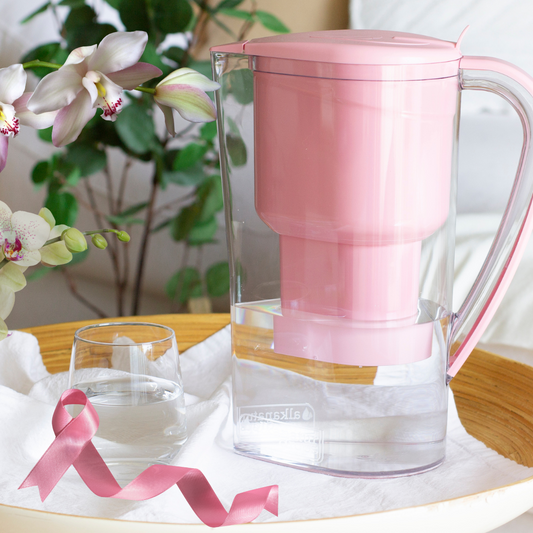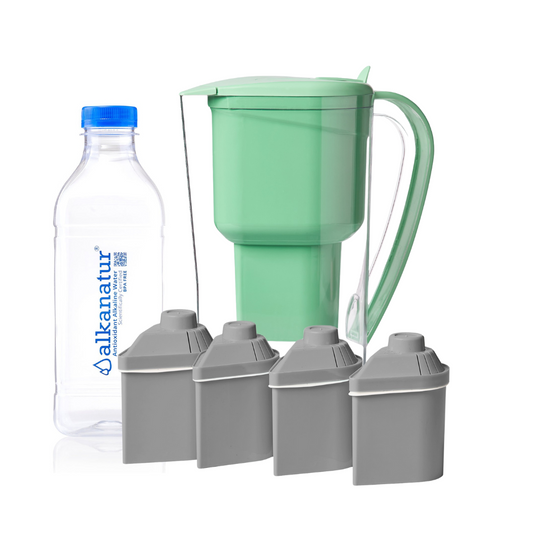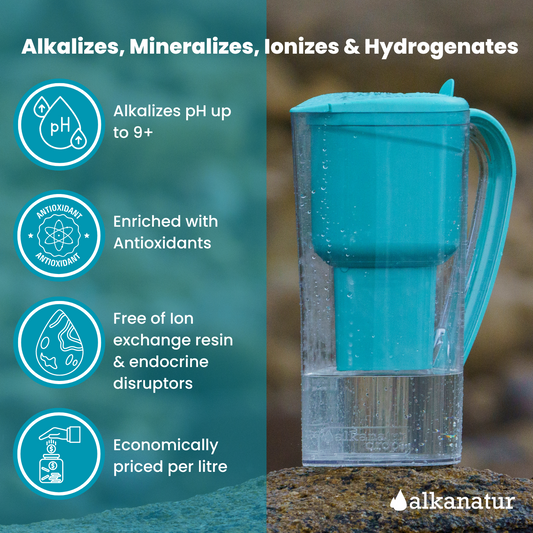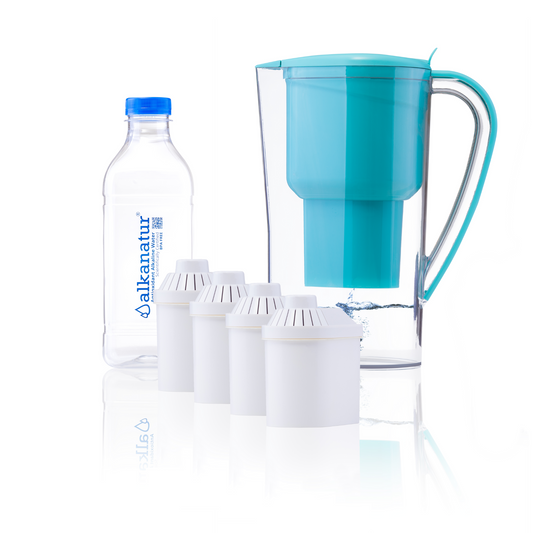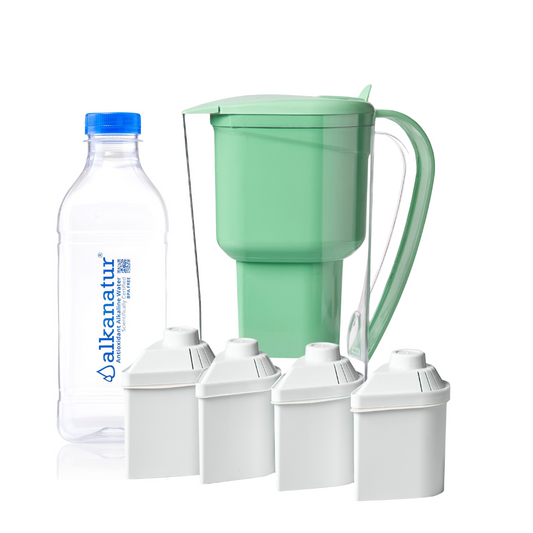What is Chlorine?
How Does Chlorine Affect Our Health? Chlorine is a natural element; its symbol is Cl, and 17 is the atomic number that identifies it in the periodic table. It is a very dangerous toxin that has different uses, from disinfecting and bleaching.
Small amounts, in their liquid and gas forms can be poisonous. In its gaseous form, chlorine has a pale green color and an intense smell that affects breathing. In its solid form, it has a greenish-yellow color. It is abundant in nature as a chlorine ion found in many of the Earth’s salts. Many animals, including humans, need chlorine. But there is a limit to what we can physically tolerate.
How Am I Exposed To Chlorine?
Even a prolonged bath increases the risk that a person has for exposure to chlorine because this substance can enter the body through absorption of the skin, or through the eyes, nose and ears.
Chlorine has been used for a long time to disinfect our drinking water because it controls the growth of harmful bacteria such as Ecoli and Giardia. You have to be careful when bathing or drinking drinking water.
What are the Symptoms of Exposure to Chlorine Toxic Levels?
Studies have shown that being exposed to chlorine for a long time produces free radicals in the body. Free radicals are carcinogenic, and cause tremendous damage to our cells.
Did you know?
Is the risk of developing cancer 93% higher in people who drink or are exposed to chlorinated water? Chlorine is a potential harm to health for children and adults, and it is a matter that must be considered with great care. According to a Belgian study released in 2003, certain irritants called trichloramines are released when water with chlorine reacts with organic materials (such as sweat or urine) from people. The tricloraminas initiate a biological process that effectively destroys the cellular barriers around the lungs. Children exposed to large amounts of chlorine can potentially suffer from asthma attacks. In one study, rats exposed to chlorine and chloramines developed tumors in the kidneys and intestines. Chlorine can irritate severely, and even burn the skin directly exposed to this substance. It can also irritate and burn the eyes and throat.

How to Eliminate Chlorine in Water
-First, avoid chlorine when possible. If you have a pool, do not use chlorine to kill bacteria. Use natural products as much as possible.
-Consider a water purification system for your home. It will serve to eliminate toxins before using the water to cook, clean and bathe.
-You can use Alkanatur water filters in your kitchen. Alkanatur filters are an excellent way to ensure that your family is protected against the harmful effects of exposure to chlorine and also maintain an alkaline pH in your body.
-When exposed to chlorine, you should clean your body immediately. Use organic or all-natural soaps and detergents, because they are better for your skin. There are many types of soap available that are non-toxic.
-Always drink purified water. It is even better the purified and oxygenated water that provides more oxygen to your body.



